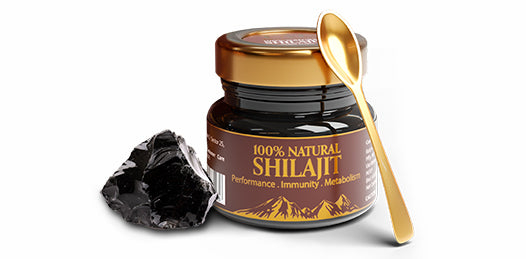
Having sensitive skin can be a challenge when it comes to skincare. Irritation, redness, and discomfort are common concerns for those with sensitive skin. However, with the right approach and gentle products, you can create a soothing skincare routine that promotes healthy, balanced skin. In this article, we will explore effective tips and product recommendations to help you care for your sensitive skin.

Understanding your skin is the first step in developing a suitable skincare routine. Sensitive skin can react negatively to harsh ingredients, fragrances, and environmental factors. Take note of what triggers irritation or discomfort in your skin and avoid those ingredients or situations.
Patch Test New Products:
Before incorporating new products into your skincare routine, it's crucial to perform a patch test. Apply a small amount of the product on a discreet area of your skin, such as your inner wrist, and observe for any adverse reactions for 24 to 48 hours. If redness, itching, or burning occurs, avoid using the product.
Choose Gentle Cleansers:
When selecting a cleanser for sensitive skin, opt for mild, fragrance-free formulas. Look for products labeled as "hypoallergenic" or "for sensitive skin." Ingredients like aloe vera, chamomile, and oatmeal are known for their soothing properties. Avoid cleansers with harsh surfactants like sodium lauryl sulfate, as they can strip the skin of its natural oils and cause irritation.
Moisturize Regularly:
Moisturizing is essential for maintaining a healthy skin barrier and preventing moisture loss. For sensitive skin, choose fragrance-free, hypoallergenic moisturizers that are free from potential irritants. Look for ingredients like hyaluronic acid, ceramides, and glycerin, which help hydrate and soothe the skin.

Sun Protection:
Sensitive skin is often more prone to sunburn and irritation from UV rays. Protect your skin by using broad-spectrum sunscreen with an SPF of 30 or higher. Look for physical sunscreens containing zinc oxide or titanium dioxide, as they tend to be better tolerated by sensitive skin. Remember to reapply sunscreen every two hours, especially if you're outdoors.
Avoid Harsh Exfoliation:
Exfoliation can be beneficial for removing dead skin cells and promoting cell turnover. However, abrasive scrubs and harsh exfoliants can irritate sensitive skin. Opt for gentle exfoliation methods like chemical exfoliants containing alpha-hydroxy acids (AHAs) or beta-hydroxy acids (BHAs). Start with a low concentration and gradually increase as your skin becomes accustomed to it.
Soothing Masks:
Using a soothing mask once or twice a week can provide relief for sensitive skin. Look for masks that contain ingredients like cucumber, aloe vera, or colloidal oatmeal. These ingredients have anti-inflammatory properties and can help calm and nourish the skin.
Be Mindful of Makeup:
When it comes to makeup, choose products specifically formulated for sensitive skin. Look for non-comedogenic and hypoallergenic options. Mineral-based makeup, free from fragrances and preservatives, is often well-tolerated by sensitive skin. Remember to remove your makeup thoroughly before bed to allow your skin to breathe and regenerate overnight.
















